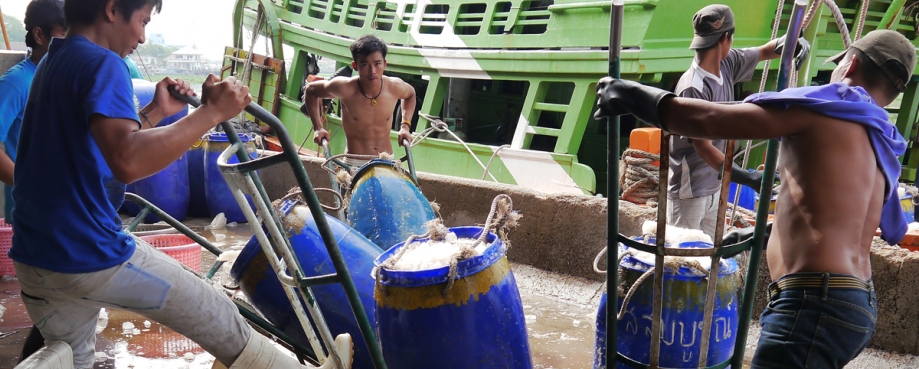
ETI has produced a briefing note on migrant workers, to be read in conjunction with IOM's Covid-19 guidance for employers.
COVID-19: Migrant workers briefing
Around the world, migrant workers are one of the groups most affected by Covid-19. Some have been caught between a rock and a hard place, unable to access state support or to return home without risking arrest or detention. Others have been quarantined in crowded dormitories, while there are reports of those still in work being discriminated against by employers and not being provided with proper PPE. Women workers are often hardest hit, and least likely to be able to access Covid-19 protection measures.
ETI has today published guidance for employers, highlighting the key risks being faced by migrants during the crisis, providing advice on key actions for employers, highlighting the roles of other key stakeholderse, and detailing a number of key principles they must take in relation to migrant workers as follows:
- All migrant workers have rights at work; all companies should take action to prevent any violation of these rights
- All migrant workers should be informed about their rights and options for exercising them
- All migrant workers should have access to health information (in a language they speak and a format they can access), testing, treatment and care
- All migrant workers should receive wages due to them and, if relevant, any compensation legally owed to them on the termination of their contract
- All migrant workers should have adequate, paid sick leave
- All migrant workers should be provided with essential food and shelter if they are unable to support themselves or return home
- No migrant worker should suffer discrimination, stigma or mistreatment due to their migrant status
The briefing note is intended to be read in conjunction with the IOM’s COVID-19: Guidance for employers and business to enhance migrant worker protection during the current health crisis.
